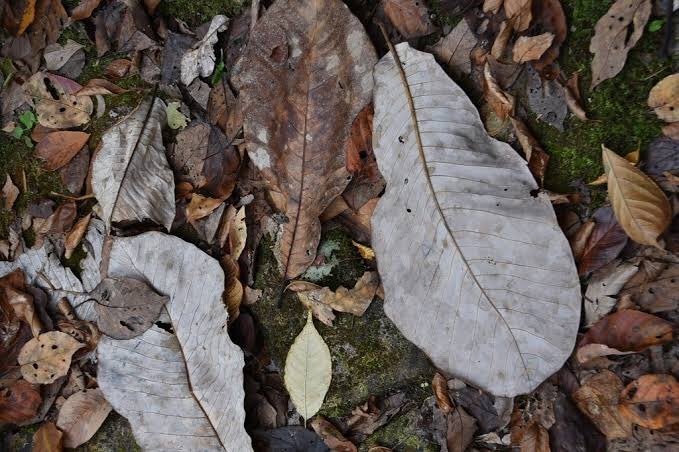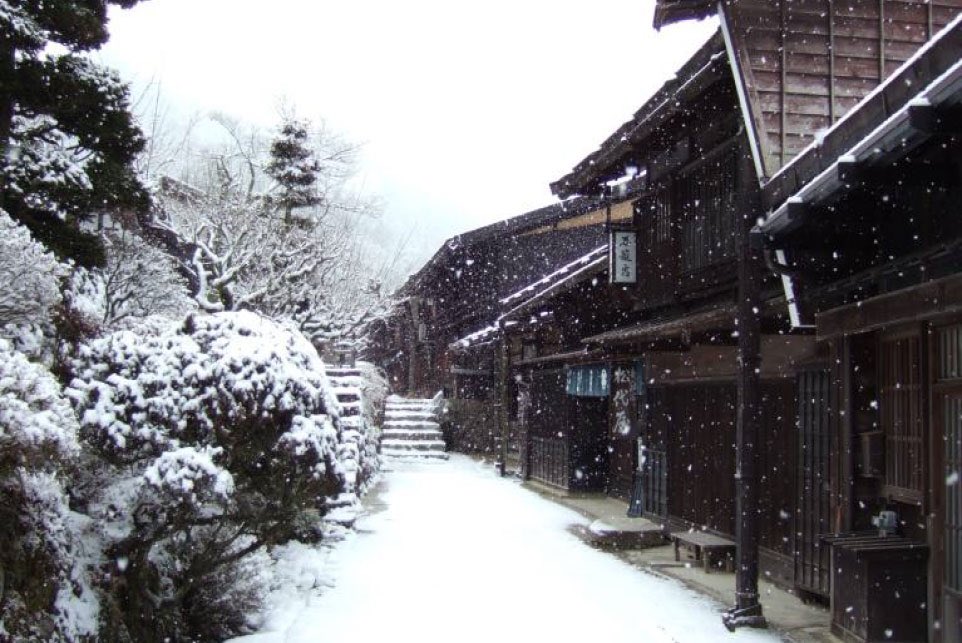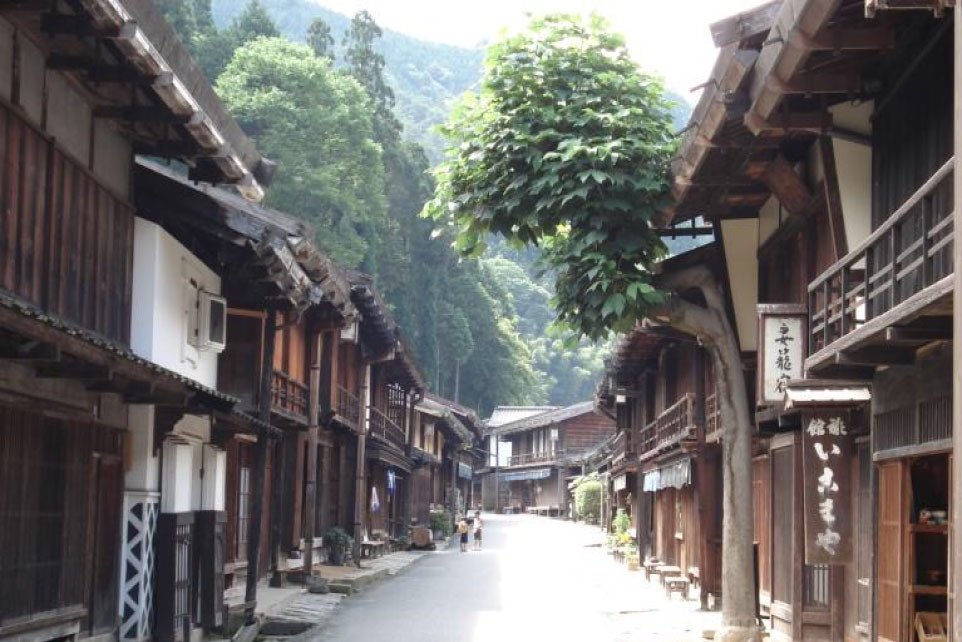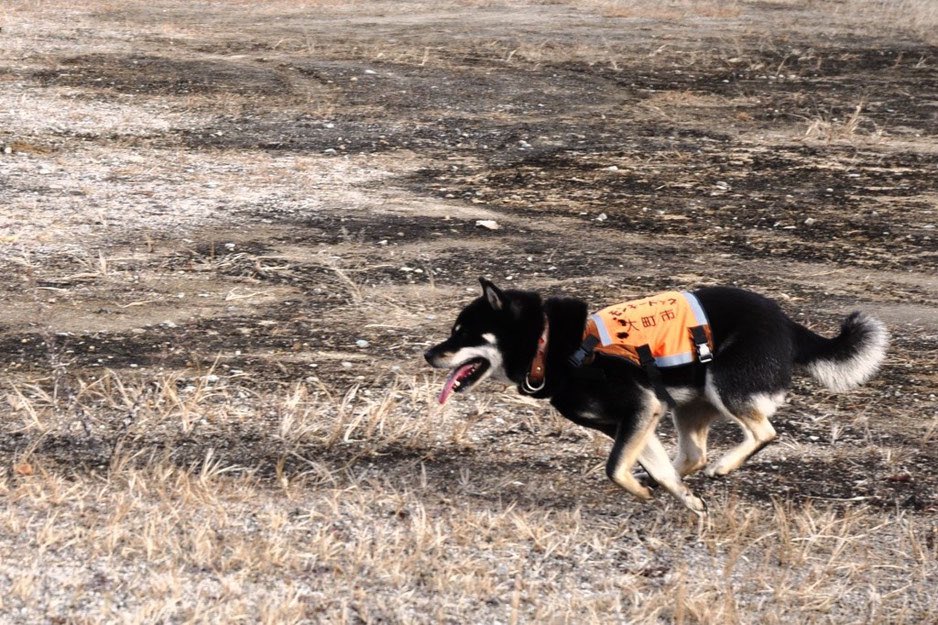Maybe one of the oddest professions in Japan is that of the bokka (歩荷). Porters who carry supplies to remote mountain guesthouses inaccessible to vehicles. A bokka uses customized wooden ladder frames to carry 100-165kg of supplies on day long marches (walk up, run down).








The job is popular: not surprisingly veteran bokka routinely tests as fitter and healthier than elite athletes. Both men and women take on the job, the average weight of a bokka is 60-70kg.








Still not much of a chore compared to what some farmers used to handle.
https://twitter.com/wrathofgnon/status/1344650609228611585
And in Slovakia there's a similar concept:
https://twitter.com/moraknivgang/status/1763140242154963213
Short news item in Japanese:
https://twitter.com/wrathofgnon/status/1763366780041674825
• • •
Missing some Tweet in this thread? You can try to
force a refresh




























